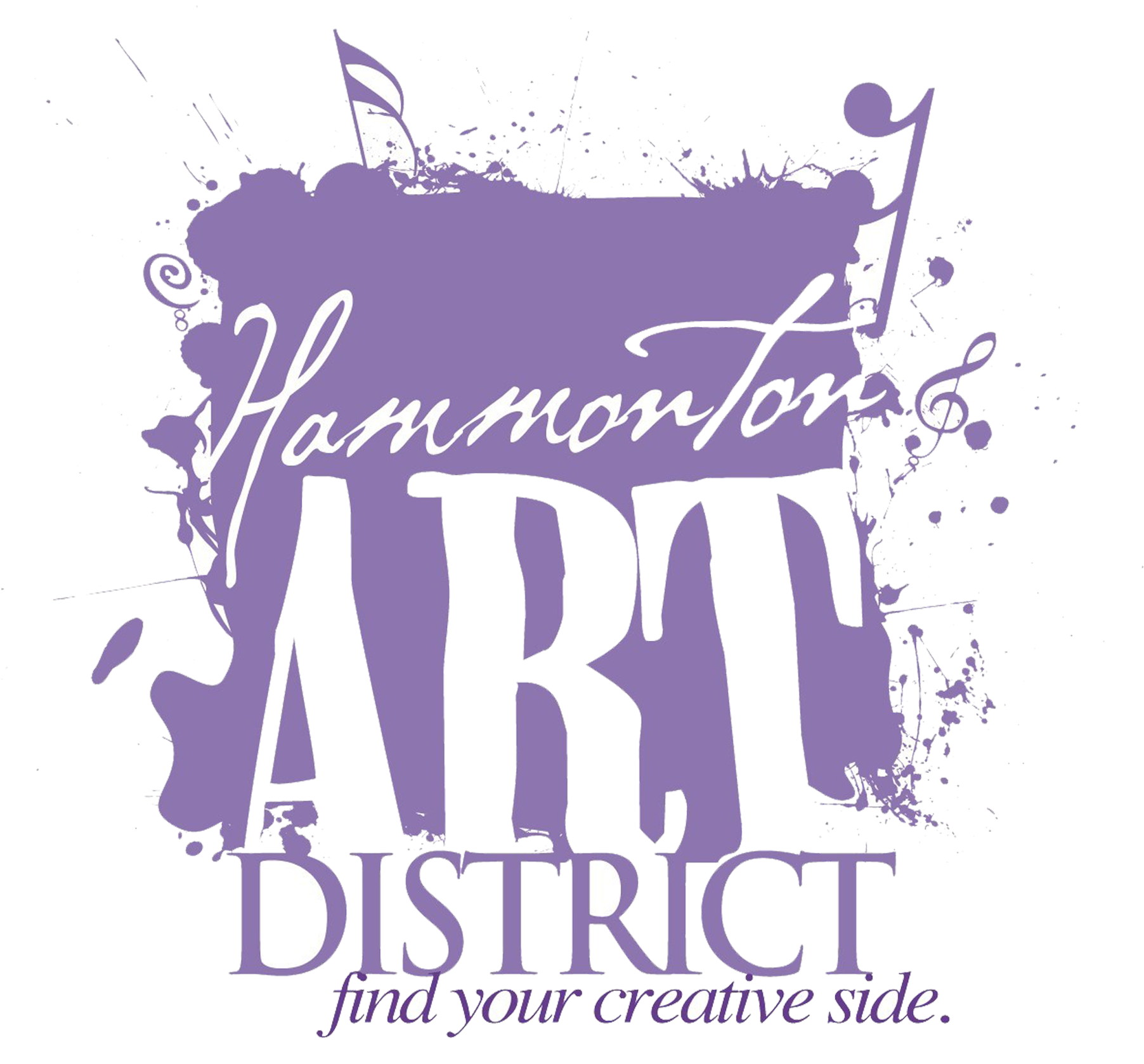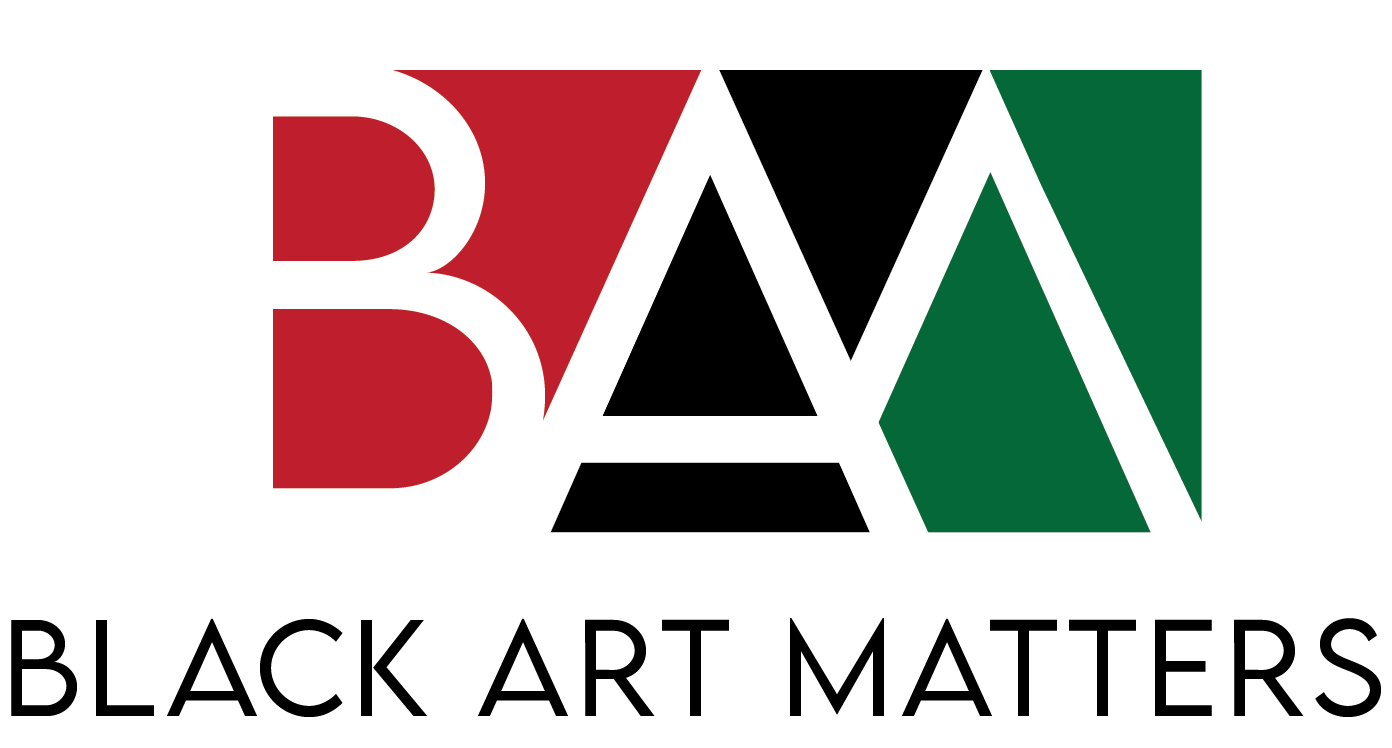Artist: Liz Nicklus
Libby Cudmore, Charon's Purse
Sequins.
Art doesn’t let himself climax. This body doesn’t deserve pleasure, he insists. Instead he asks you to lie naked and still on the bed he clears off for you, an altar among the boxes and piles. He stands between your legs and reaches into his pocket, spreads you navel-to-throat with sequins and clear beads and glass gems. This is what he pictures his orgasm to be. No shame in beauty. No mess in what is carefully articulated. Afterwards he sweeps you clean with a shaving brush. He lets you get dressed and offers you coffee. He pays you and apologizes for the state of things. You always kiss him goodbye. You always fear that Death is hanging around the doorstep, rolling dice until it’s his turn to go inside.
Oxygen.
You dream your mother is a plant. She absorbs the sunlight through her skin, creates food inside a body that refuses to eat. But the truth is the atmosphere no longer provides what she needs to sustain. There are machines that do that for her now.
Heaven.
Art keeps a crucifix above his kitchen table. My first love he tells you. He hasn’t been to church in years, he admits, but still crosses himself like a reflex. Sometimes he worries he won’t get into Heaven. Or worse, he fears it isn’t even real.
Your teacher taught you about Hades, read aloud the myths of the River Styx. That someone needs to love you enough to place coins over your eyes, to pay Charon to take you across. At home you wrapped two quarters in a note and hid them inside your backpack, just in case.
Furniture.
Your mother needs morphine, nutrients, another nurse. You pass the afternoon assigning each item in her living room a benefactor. Charlie purchased her adjustable bed; Jimmie paid for the housekeeper; Lyle kept her comfortable in narcotics. Art bought her oxygen machine that kept her alive. You cannot afford this, she kept insisting as each new piece was brought in. She has already sold off your grandmother’s wedding ring, her earrings, most of her furniture. She does not know what you do for a living. She does not know that you sleep in a studio, take the bus to the end of the line and still walk in the rain to reach her. She sacrificed her lungs to cleaning chemicals in order to provide. Your contribution doesn’t even compare.
Diamonds.
Art places diamonds on your lips. What we consume is what we keep secret, he says. The Jews swallowed their jewels to hide them from the Nazis. The same body that betrays you keeps your truths hidden away.
He is deliberate about placing his pleasure this time. Sequins across your breasts. Flat glass beads balanced on your stomach. The diamonds on your mouth are real. You can taste dirt and blood and abandoned promises of love.
Swallow them, he insists.
You cannot speak to protest. You are afraid to choke. You part your lips just enough to take them in, parse them under your tongue for safekeeping. He sweeps the sequins and beads to the floor with his palm. He nods towards your clothes and leaves you to get dressed. You spit the diamonds into your palm, unsure of what else to do. He would not have asked you to swallow them if he wanted them back.
Invitation.
You begged your mother for a birthday party. She finally relented, baked a cake, hung streamers and a banner across the living room. You wore your favorite dress and waited on the couch for your classmates to arrive. Your taffeta bow wilted, the crimps your sister put into your hair slowly loosened and lengthened as the afternoon stretched on silently. This is why I do not throw parties, she finally said, placing a piece of cake on the coffee table in front of you.
On Monday you learned that your friends were never even given invitations. When you confronted her, she gave her reason. I did not want to embarrass you, she said. When they all found reasons not to attend.
Your mother does not want a funeral. She says she does not want the pomp or expense or the rental preacher. She is worried no one will come, your sister confides. Even in death, she is afraid of humiliation.
Obituary.
Art died a week ago. Survived by a daughter in Toledo. You remembered a photo in a ceramic frame on an unplayed piano. You wait for her to ask for the diamonds, but your phone no longer rings from his number. He wanted you to have them.
You wish there was a funeral. You worry that no one was there to put coins over his eyes. You want to ensure he makes it to whatever afterlife awaits, to not have to wander the shores, to be reunited with his love. You do not want his fear to be right. You go to the church at the end of his block and light a candle and sit in the pew until it’s dark outside. You hope a prayer is enough to get him where he needs to go.
Charon.
The nurse is quiet when you arrive. Your sister is already waiting, holding your mother’s hand. You arrive in time for her to take her last breath. Five more minutes and it would have been too late.
Your sister goes outside to call the coroner. You place a diamond in your mother’s mouth. Let her take one last thing of beauty from this earth. Let something outlast her physical being, to extend her time here with one glittery token. If there is a Heaven, she will sparkle alongside angels and Princess Diana and Marilyn Monroe. If Charon holds out his hand, she will have more than enough to cover the cost.
You take a pen from her desk. You write Art’s name on her palm in case she sees him on the shore. Cover his ticket, you whisper. There is no need to go alone.













